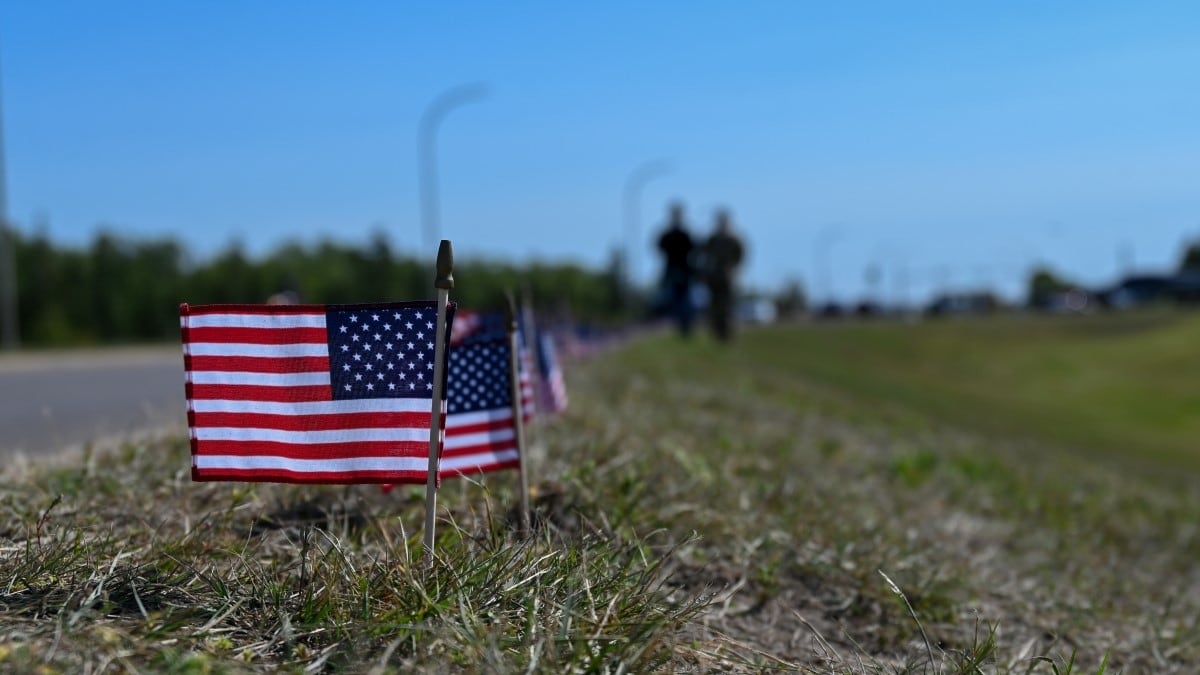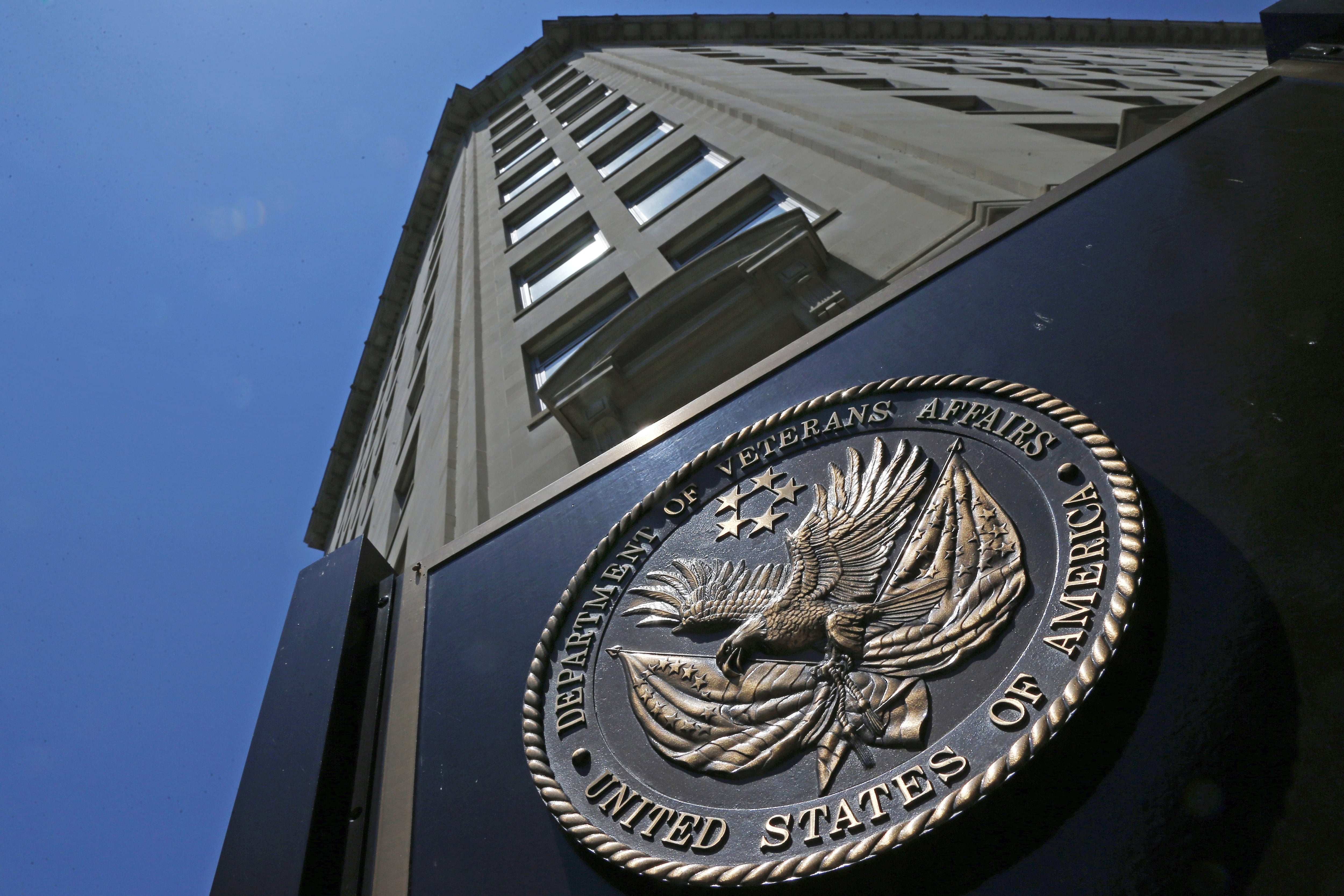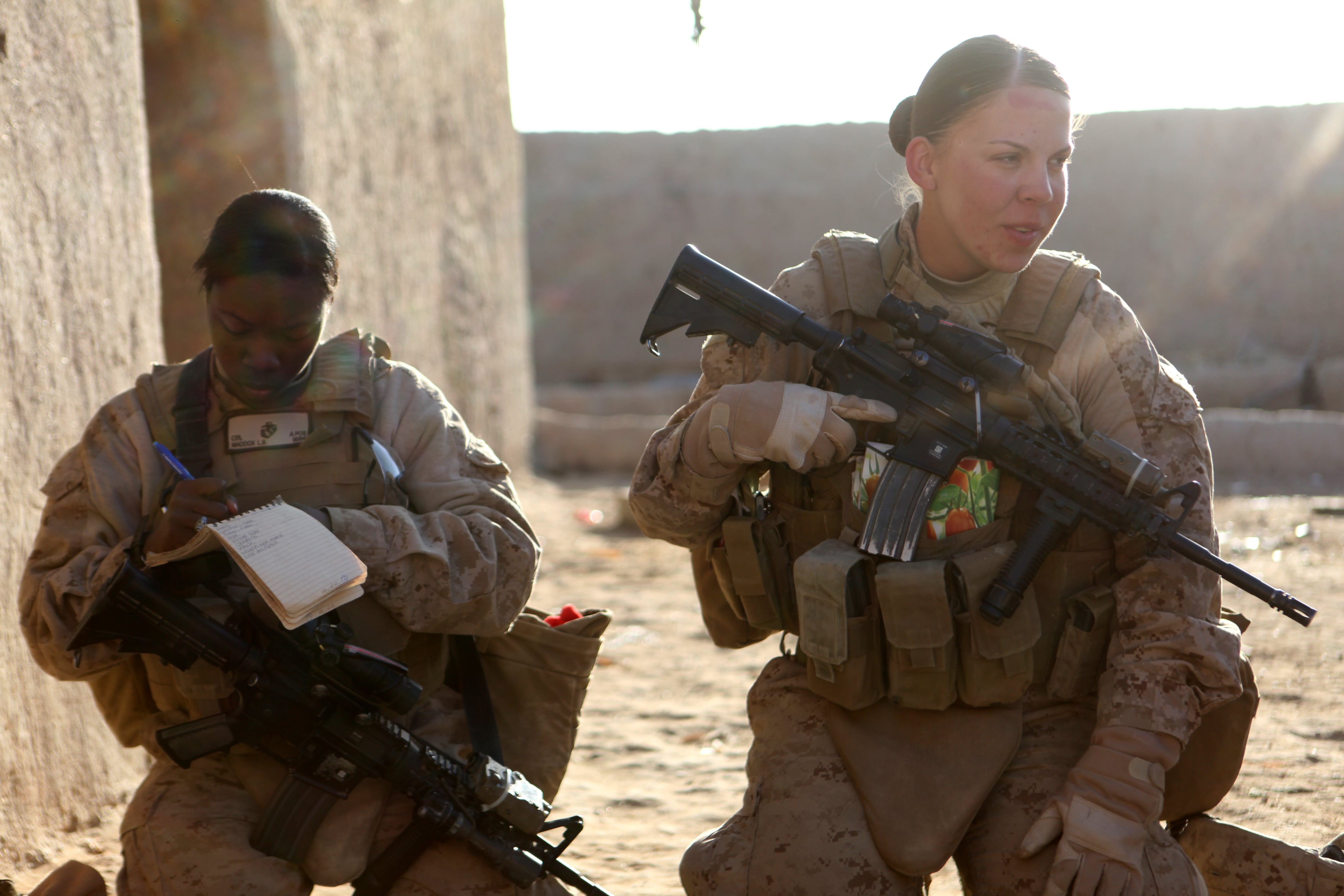Federal facilities no longer accept driver's licenses from five states as valid identification for individuals seeking entry without an escort, but some military bases are offering workarounds, granting grace periods, or continuing with current access rules that require more than an ID.
Those with licenses from Illinois, Minnesota, Missouri, New Mexico and Washington state can no longer use those IDs to enter an installation, according to regulations included in the Real ID Act, which requires states to meet security and data-collection guidelines for the identification cards they issue.
Pentagon officials estimate about 20 installations forcewide are affected.
While only 22 states and the District of Columbia are listed as compliant with the legislation on the Department of Homeland Security's website, 23 states and Puerto Rico have received waivers that keep their IDs valid until October (June for New Hampshire).
"Enhanced IDs" offered by Minnesota and Washington meet the Real ID standard and will allow users access. IDs issued by U.S. territories are also covered by the legislation; American Samoa is the only territory not in compliance that has not received an extension.
Those without compliant IDs "will continue to be vetted through the National Crime Information Center prior to being issued a locally produced ID or pass," Allen said in an emailed response to questions, adding that supplemental identification would be required to complete the process. Those who don't provide alternate ID "must be escorted at all times," he said.
While the law applies to all bases, rules appear to vary when it comes to what happens when an individual with an invalid ID card reaches the gate:
- Fort Leonard Wood, Missouri, will issue a one-time-only pass that allows unchaperoned access without additional identification, according to a news release. That policy will end Jan. 27.
- White Sands Missile Range, New Mexico, will require additional ID for unchaperoned access: either a military or draft record, a Social Security card, a State Department-issued Certification of Birth Abroad, a U.S. Citizen ID card or a Resident Citizen ID, according to a Facebook post.
- Joint Base Lewis-McChord, Washington, is "reviewing the requirements and determining what actions we need to take to implement appropriate changes," a spokesman said Wednesday. No changes have been made to existing access rules, which include NCIC checks and verification of an individual’s reason for visit, and generally require an on-base escort.
- Fort Bliss, Texas, will allow those with noncompliant IDs to receive a one-day pass (with escort), but those who used such ID to get a 30-day pass will have to reapply with alternate identification, the El Paso Times reported.
- Fort Bragg, North Carolina, no longer will accept noncompliant IDs for those seeking a visitor's pass without an escort, The Associated Press reported.
- The U.S. Military Academy and other installations announced the change on Facebook, directing readers to online DHS materials for further guidance.
The Real ID Act also applies to airline travel, but deadlines for ID acceptance by the Transportation Security Administration have been pushed back until 2018.
Kevin Lilley is the features editor of Military Times.




